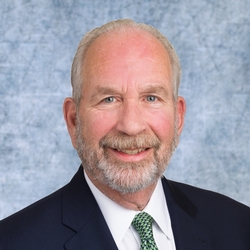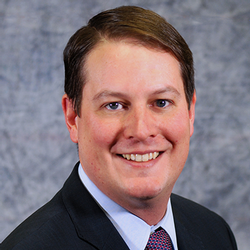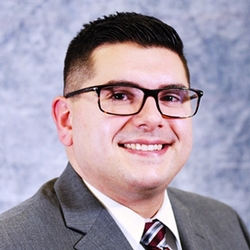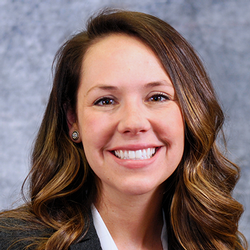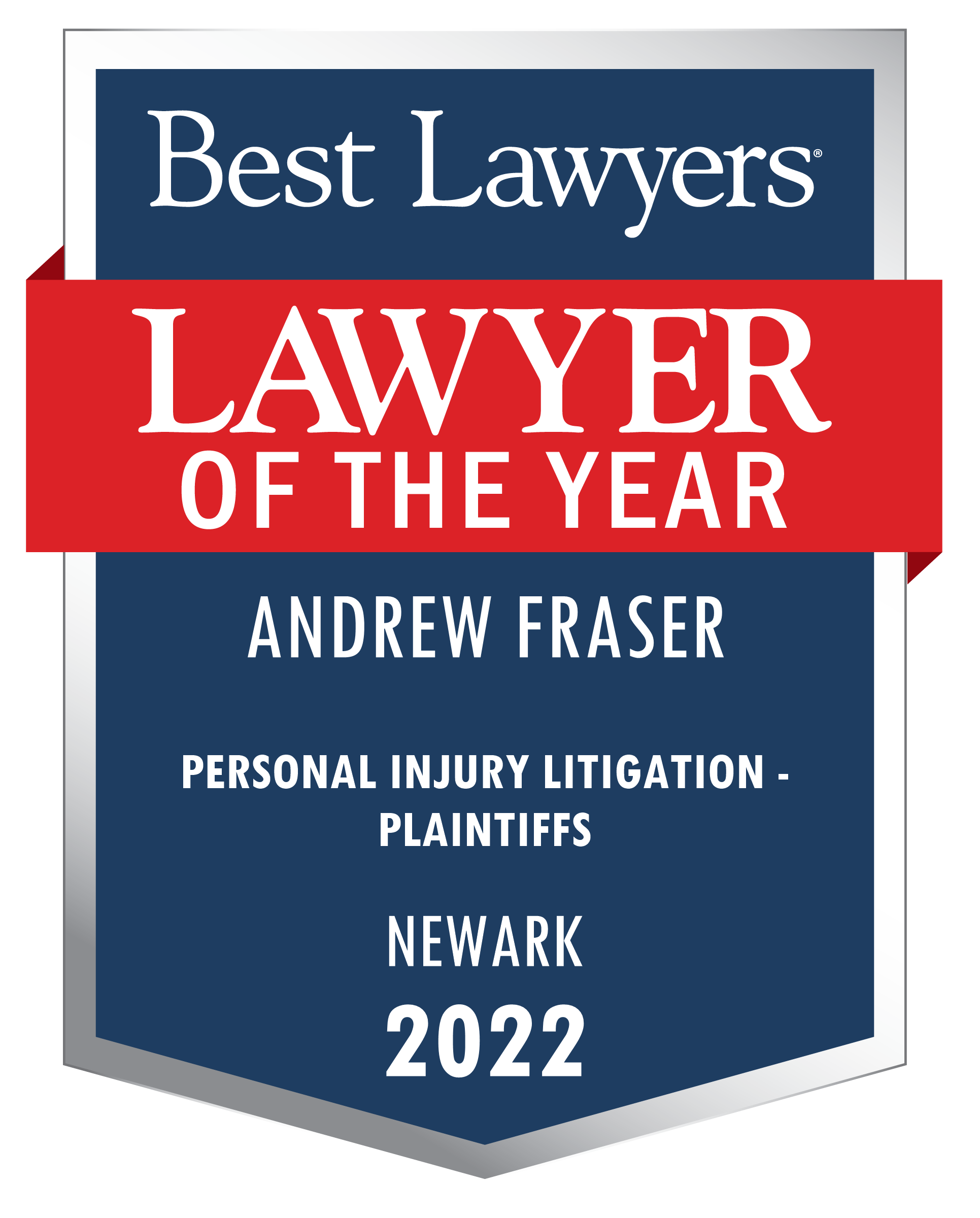Abraham Lincoln's Vision: The Vital Role of Lawyers in Civil Society
Related Attorney: Timothy E. Dinan
February 19, 2024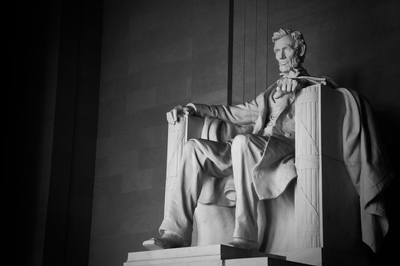
Abraham Lincoln, renowned for his eloquence and wisdom, held a profound appreciation for the crucial role lawyers play in maintaining a just and orderly society. As a lawyer himself, Lincoln understood the power of law to shape and safeguard the fabric of civilization. His insights on the legal profession continue to resonate, offering timeless guidance on the significance of legal practitioners in upholding the principles of justice and equality.
Lincoln's reverence for the legal profession is evident in his celebrated address to the Young Men's Lyceum of Springfield in 1838. Reflecting on the vital role of law in preserving liberty and democracy, he remarked, "Let every American, every lover of liberty, every well-wisher to his posterity, swear by the blood of the Revolution, never to violate in the least particular, the laws of the country, and never to tolerate their violation by others."
For Lincoln, lawyers were not merely advocates for individual interests but guardians of the collective good. He believed in the transformative power of legal institutions to resolve conflicts peacefully and promote societal harmony. In his words, "Discourage litigation. Persuade your neighbors to compromise whenever you can. Point out to them how the nominal winner is often a real loser—in fees, expenses, and waste of time."
Furthermore, Lincoln emphasized the ethical responsibility of lawyers to uphold truth and integrity in their practice. He asserted, "Resolve to be honest at all events; and if in your judgment you cannot be an honest lawyer, resolve to be honest without being a lawyer." This admonition underscores the moral imperative for legal professionals to prioritize ethical conduct above personal gain.
Lincoln's perspective on the role of lawyers extended beyond their duties in the courtroom. He recognized their potential to effect positive change in society through advocacy and civic engagement. In his famous Cooper Union Address in 1860, he declared, "Let us have faith that right makes might, and in that faith, let us, to the end, dare to do our duty as we understand it." These words encapsulate Lincoln's belief in the transformative power of legal advocacy in advancing the cause of justice and equality.
In conclusion, Abraham Lincoln's profound insights on the role of lawyers in civil society remain as relevant today as they were during his lifetime. His emphasis on the importance of upholding the rule of law, promoting ethical conduct, and championing justice serves as a guiding light for legal professionals committed to advancing the common good. As we navigate the complexities of the modern world, Lincoln's vision inspires us to embrace our responsibility as stewards of justice and defenders of democracy.

